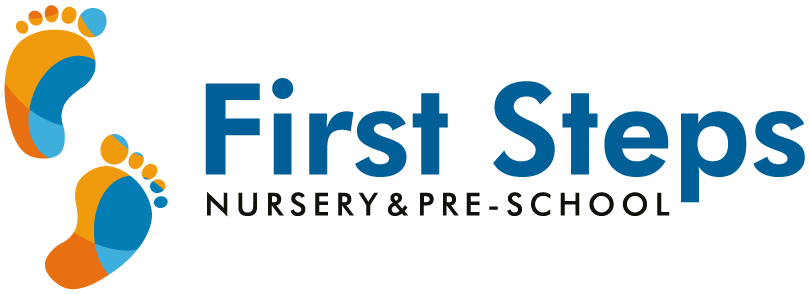Assessment
Assessment links our children’s learning to our curriculum. Most of the assessments we do at nursery are formative, helping us to quickly make a difference to children’s learning.
However, we also need to have an overview of children’s progress, so that we can take further actions concerning what children can and cannot do. We are good at deciding when it will be helpful to step in and support, including when it is best to be encouraging but hang back.
It is important that we are certain children are secure in what they know and can do before introducing them to something new.
We complete:
- A baseline assessment of the child’s development shortly after they start with us. This is completed in partnership with parents.
- Termly summative assessments of where the child’s development is in relation to typical milestones and the characteristics of effective learning, the child’s interests and any other relevant comments about the child’s time with us.
Assessment helps with:
- The early identification of children who temporarily need extra help, and children who may have special educational needs.
- Checking that individual children, and groups of children, are making progress and taking prompt action where this is not the case.
- Reporting formally and involving parents in the statutory 2 years old progress check.
- Celebrating children’s achievements with parents and sharing focus for learning.
- Discussions with other professionals who may be involved with a child and family.
- Sharing information with receiving schools in the summer so that children can continue their learning journey through the EYFS as seamlessly as possible.
Evaluation
We will check that our curriculum is meeting the needs of our children by:
- Gathering feedback from the children, parents and other professionals.
- Reviewing the progress children are making and how they are accessing the learning environment.
- As a team, discuss our observations of the teaching and learning environment.
- Individually discuss with managers the setting’s planning, curriculum and assessment.



